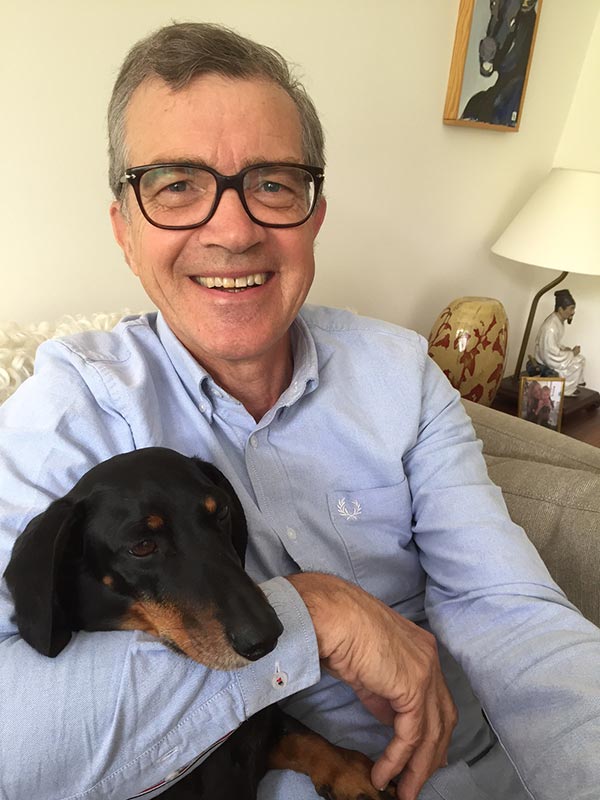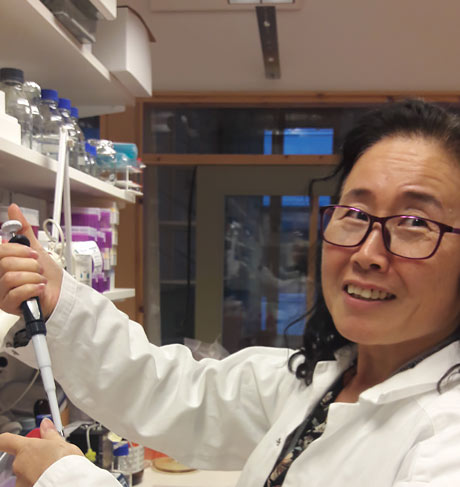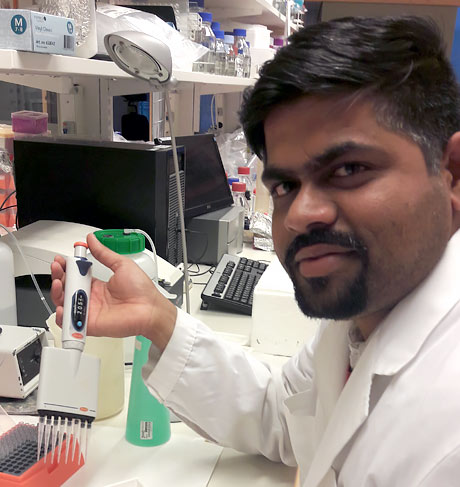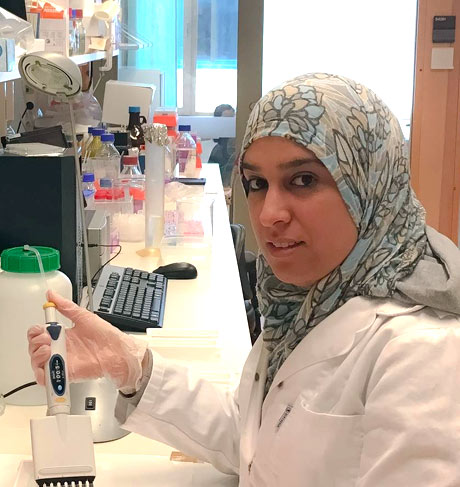The people behind Alertix
Anne-Charlotte Aronsson, Board member and Vice President MarketingAnne-Charlotte is Ph.D. and has a history as CEO of the biotech company AroCell, which develops TK1 assays for human use. She has extensive experience of leadership and has been working with business development and marketing in the field of diagnostics for more than 30 years. Lately she has been active as business consultant and board member in several minor pharmaceutical and biotech companies, among others Uppsala Innovation Centre, SLU Holding and Umeå Biotech Incubator.
Staffan Eriksson, Vice President R&DWith more than 100 scientific articles to his name Staffan is one of the world’s leading researchers on thymidine kinase. He is also co-founder and board member of AroCell AB. Staffan has a medical background. He was educated at Karolinska Institute where he also has conducted research. During the last decades he has conducted his work at The Swedish University of Agricultural Sciences (SLU) in Uppsala. Beside his research he teaches veterinary students and tutors doctoral candidates. Staffan is a Medical Doctor, Ph.D. and Professor Emeritus.
Henrik RönnbergHenrik is a licenced veterinarian and Doctor of Veterinary Medicine at The Swedish University of Agricultural Sciences (SLU) in Uppsala. Diplomate of European College of Veterinary Internal Medicine 2009. He is a Professor at the Department of Clinical Sciences and Medical Oncology Centre at the Veterinary Teaching Hospital in Uppsala, Sweden.
Sara SaellströmSara is a licenced veterinary at The Swedish University of Agricultural Sciences (SLU) in Uppsala, Sweden. She is also a specialist in canine and feline diseases. She has completed a residency in oncology at the Veterinary Teaching Hospital in Uppsala. Sara is also M.Sc. in chemical engineering at Chalmers in Gothenburg, Sweden.
Liya WangLiya defended her thesis in Medical and Physiological Chemistry at SLU, Uppsala, Sweden in 1997. She is assisting Professor in Veterinary Biochemistry and lecturer at the Department of Anatomy, Physiology and Biochemistry at The Swedish University of Agricultural Sciences (SLU) in Uppsala, Sweden. She works and conducts research in the field of DNA synthesis enzymes and is an expert in the molecular biology and biochemistry of the TK1 enzyme. She also teaches students of veterinary medicine and animal sciences in biochemistry and cellular biology.
Kiran Kumar JagarlamudiKiran got a Bachelor’s Degree at Venkateswara Veterinary University in India 2007. He has a Master of Animal Science and defended his thesis in Veterinary Medicine at SLU, Uppsala, Sweden in 2015. Since 2010 he investigates different aspects of TK1, for instance characterization, development and evaluation of TK1 antibodies. He is one of Alertix co-inventors. Presently head of clinical research at AroCell AB.
Hanan SharifHanan has a Veterinary Degree from the Faculty of Veterinary Medicine at the University of Tripoli 2005. She defended her thesis in the field of diagnostics and establishment of methods to use TK1 for veterinary purposes at SLU, Uppsala, Sweden in 2012. Now she is working as researcher and consultant for Alertix.
Put in for the test










